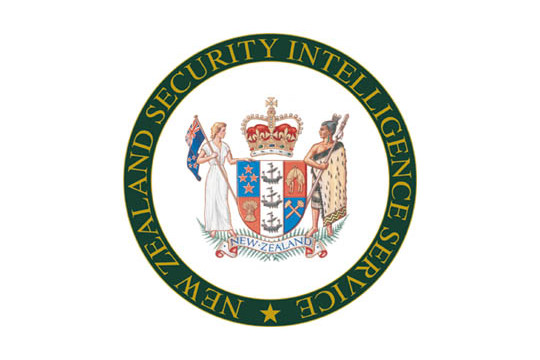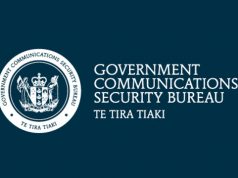Flaws in the management of New Zealand’s spy networks have been exposed, including problems getting intelligence material to the Prime Minister …
Officials have confirmed work is under way to find new ways to move top-secret information and projects have begun to improve the performance of the intelligence agencies.
After a string of stinging reports on the intelligence agencies, the Department of the Prime Minister and Cabinet (DPMC) has appointed Deputy Solicitor-General Una Jagose to identify the scale of the changes needed.
The issues afflicting the intelligence community are laid out in a document from the State Services Commission.
In 2013, an inquiry found the Government Communications Security Bureau riddled with problems. Last July, the commission’s review of intelligence found problems across the New Zealand Intelligence Community, which includes the GCSB, Security Intelligence Service and the National Assessments Bureau.
It stated changes needed to be made with “urgency as there is a huge amount of change to be undertaken”.
The latest report signalled positive change with the appointment of former police commissioner Howard Broad to the role of deputy chief executive of DPMC, in charge of intelligence services. It also said the department had yet to “dimension” work involved in making “necessary long-term changes” in the sector.
There was concern about DPMC’s work on the issue. “Current management reporting and project control processes are inadequate, with some reports incomplete, poorly focused and confusing.”
There was also a need to improve DPMC systems, through which intelligence material passes.
“Issues arise in providing secure intelligence material or policy advice to the Prime Minister.”
Leadership in the intelligence sector was DPMC’s “biggest challenge” and “potentially the most fraught”.
The report said the scale of the changes needed had yet to be properly understood, “prioritised or appropriately resourced”.
The vetting delays by the SIS also featured in last week’s annual report of the Inspector-General of Intelligence and Security, Cheryl Gwyn. Ms Gwyn said the problems at the SIS meant she was unable to get to work appointing key staff to carry out oversight on the agency.
A spokeswoman for Prime Minister John Key said: “The reports you refer to suggested these systems could be improved as a general rule and … the Prime Minister agreed.”































